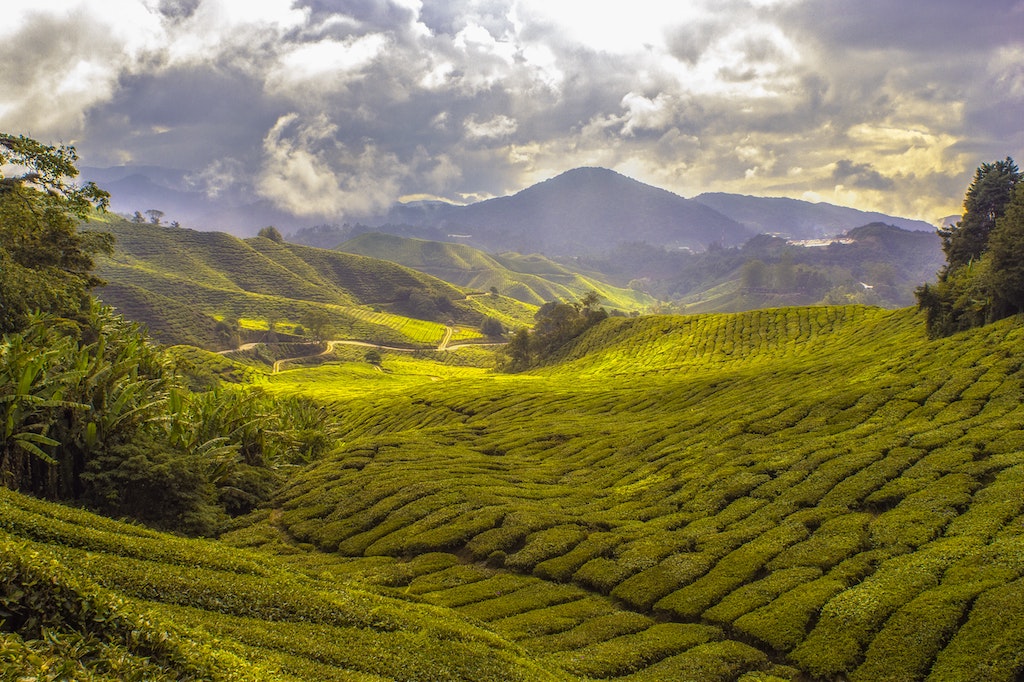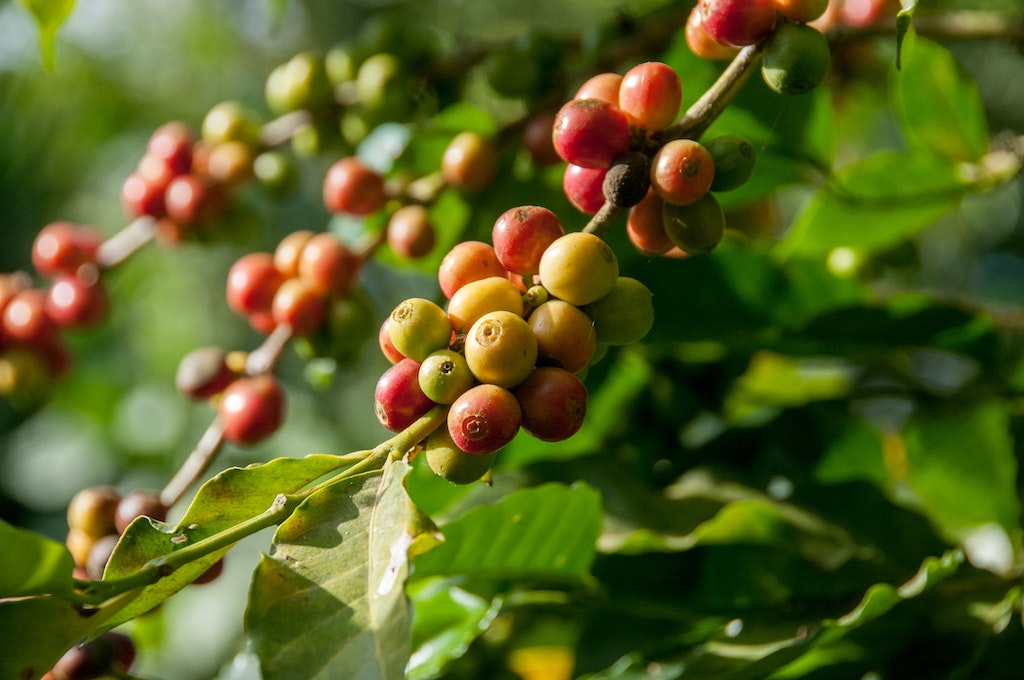4 Mins Read
The taste and smell of your morning coffee could be very different in a few years from now. In fact, it has probably undergone slight changes already due to climate change. In a new study, researchers found that shifting climate conditions are having an impact on the sensorial aspects and overall quality of coffee.
Scientists have revealed that coffee quality is being affected by environmental changes due to climate change. The study, published in the peer-reviewed journal Frontiers in Plant Science, finds that many coffee-producing regions that are experiencing changing climate conditions will be producing coffee that tastes and smells differently. Even the dietary quality of coffee could be impacted by climate change.

Coffee and climate change
Led by researchers from the Friedman School of Nutrition Science and Policy at Tufts and Montana State University, the study analysed the impact of 10 different environmental conditions caused by climate change and adaptation from 73 published articles.
Among some of the most consistent trends that the scientists found in their review was that coffee farms situated at higher altitudes produced better-tasting and smelling coffee. On the other hand, too much light exposure led to a decrease in coffee quality. Other changes that lowered coffee quality included water stress, higher temperatures and higher CO2 levels.
That means that your morning cup of joe could be duller, less aromatic and fruity than usual, not because of how the beans have been ground or roasted, but because of growing conditions that have been affected by the climate crisis.
Read: Scientists find coffee waste can speed up forest recovery

Adapting to a changing climate
In their review, the team also identified the best strategies that coffee farms can incorporate to adapt to the changing climate and protect the quality of their coffee yields.
“Climate change impacts on crops are already causing economic and political disruption in many parts of the world,” explained senior author Sean Cash, professor and economist at the Friedman School. “If we can understand the science of these changes, we might help farmers and other stakeholders better manage coffee production in the face of this and future challenges.”
“A subpar cup of coffee has economic implications as well as sensory. Factors that influence coffee production have great impacts on buyers’ interest, the price of coffee, and ultimately the livelihoods of the farmers who grow it,” Cash continued.

Read: From coffee to bananas, these foods could soon disappear due to climate change
Some of the climate mitigation measures that the researchers found were most effective include shade management, which can help control the amount of light the plants are exposed to, as well as better selection of climate-resilient coffee species.
Selena Ahmed, an ethnobotanist at Montana State University, says that such climate adaptation measures need to be explored not just for coffee crops, but for many of the other foods that will ultimately be affected by global heating.
“These impacts on crops are important to study in general, not just for coffee. Our food systems support our food security, nutrition and health,” said Ahmed.
Food techs brewing up novel coffee

Some startups have taken to new food technologies to help solve the coffee problem. San Francisco-based Compound Foods, for instance, are using microbial fermentation to brew coffee without any beans at all.
The company, which recently bagged $4.5 million in seed funding, says it can produce coffee that tastes, looks and smells and even the same caffeine dose as its conventional counterpart. It’s mission is to disrupt existing large-scale production of coffee, which fuels land clearing, overuse of pesticides and wildlife destruction.
Another startup, Atomo, uses upcycled ingredients such as watermelon seeds, stems and husks which contain the chemical compounds found in coffee to brew up their natural, synthetic-free blend without the need for any real beans.
All images courtesy of Unpslash.




